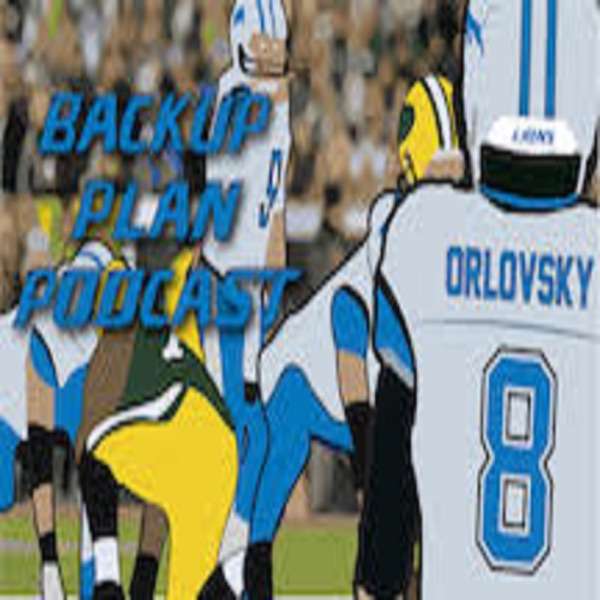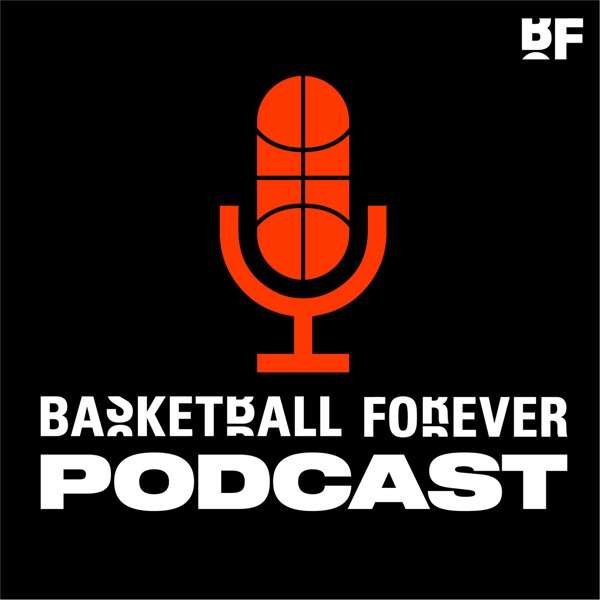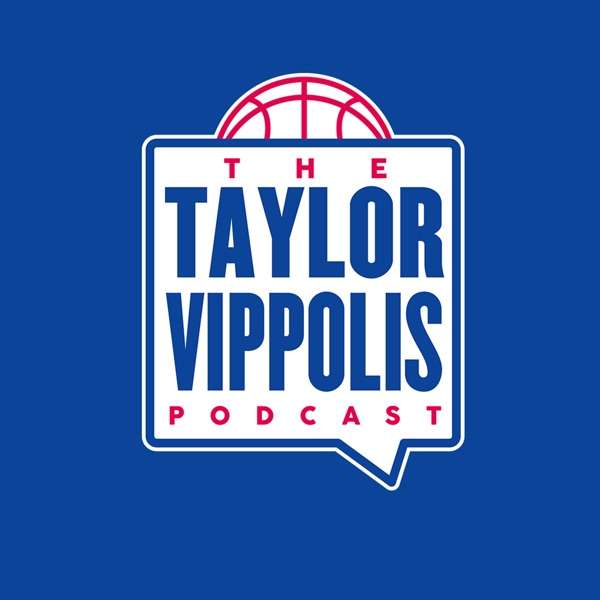This is my first post on Substack - the new home for my reporting on Spanish football.
I hope as many of you as possible will subscribe to receive all my work to your email inbox - for the time being, I’m choosing to make this entirely free of charge.
Today you have a choice - listen to this short podcast on the 16-year-old who has lit up the Euros (and who I sat down with for his first major television interview); or read the edited version below.
More coming soon…
This inaugural Substack is about Lamine Yamal – but before I talk about him, I have to talk about Samuel Eto'o.
When we were converting the book, Barca: The Making of the Greatest Team in the World, into a documentary film with Universal Studios, we sent one of our producers and cameramen to Turkey, for a charity game that was organised by Eto'o. It happened to be on the weekend that there was an insurrection and a putsch for power. Everything got sealed off. The players were desperately trying to leave the place where the game was being played in private jets, but our producer, Mark Guillen, insisted to Eto'o that, despite the fact that there was threat of gunplay, he should fulfil his interview. And one of the great answers which made the film was Eto'o saying:
When I arrived at Barcelona, everybody was like, Ronaldinho, ooh! But the guy that I liked best was Iniesta. Iniesta and Xavi would be in my team, always. They have the great gift of making an infinitely complicated sport look simple.
Do you see the link?
The thing I've been writing about Lamine Yamal since Xavi Hernandez put him in the Barcelona team, aged 15 at the time, was this supernatural ability to choose the right things to do with the ball almost all the time.
That's a rare skill in anybody. Rodri, the other day, said that he watches games back every time because he wants to see what he didn't see on the pitch. Now, if you’re in the middle of the pitch and you’re the pivote, compared to a winger, that peripheral vision to see everything and get everything right is far harder.
Lamine Yamal began learning the game in the park outside his front door, in a bumpy neighbourhood called Rocafonda. And it so happened that not long before he was born, the Catalan Ayuntamiento decided to invest millions of euros in underprivileged zones of the region.
Rocafonda was one of the places that got a big grant and they built a park. And that park had a football surface on it. And that's where four-year-old Lamine Yamal would play with his dad. His dad was 25 at the time, he played with his cousins and the kid would join in, and they put him in goals.
But he learned his tricks on a place that, in the winter, was soaking and muddy and wet and full of puddles.
Three years later, he got spotted by Barcelona.
And he went to La Masia, and he told me he didn't know how to lace his boots. Somebody had to do that for him. Barcelona didn't know what to do with him so they played him at left-back. And he scored a hat-trick. Tiniest kid on the park. First day at Barca training. Played out of position. Hat-trick.
But, back to Eto'o. Decisions on the ball.
Even very good players find it hard to make the right decisions about what to do with possession all the time.
To whom does the ball go? Do I go alone? Do I take on my opponent? Does the pace of the match need accelerated or does it need pausa, does it need calm? Do I recirculate the ball? Where is everybody else in my team?
These decisions need to go through your head in a millisecond while there's noise. Somebody might clatter you; somebody might close you down.
And in Lamine Yamal, although he's been trained at La Masia, these decisions seem innate. Which is, to me, the most astonishing thing.
We saw different aspects of him last night. He nibbled at Rabiot, who had been jipping him up in advance. ‘If he wants to go to the final, he'll have to do far more than he's done so far’.
And Yamal at the end goes up to the camera with the fingers and thumb clapping together like a yappy mouth: keep talking.
When he won his player of the match, and did the interview on the pitch, and then the interview in the press room, it was like, yeah, whatever. As calm off the pitch as he is on the pitch. A gift to us all.
As soon as he scored, I turned to my colleague and said, ‘Listen, he scored a goal like that for Spain against France age 15 in the under-17s, about 18, 20 months ago. And lo and behold, my colleague went and found it and it's identical. That goal was coming. The style was guessable.
Goal of the tournament? I think it probably will be.
Young player of the tournament? I think he's won that already.
Player of the tournament? Well, if he stars on Sunday night, then yeah, he might be named player of the tournament and young player of the tournament.
He'll now, I think, get enough votes to be top-five in the Ballon d'Or voting. At 16.
And above and beyond the preternatural decision-making, the football intelligence, the thing we need to focus on today and forever is: doesn't it make you happy watching him? Doesn't it bring you joy?
Never lose sight of that.
Viva Lamine.
Viva España.
This is a public episode. If you would like to discuss this with other subscribers or get access to bonus episodes, visit
revistadelaliga.substack.com
 Our TOPPODCAST Picks
Our TOPPODCAST Picks  Stay Connected
Stay Connected






